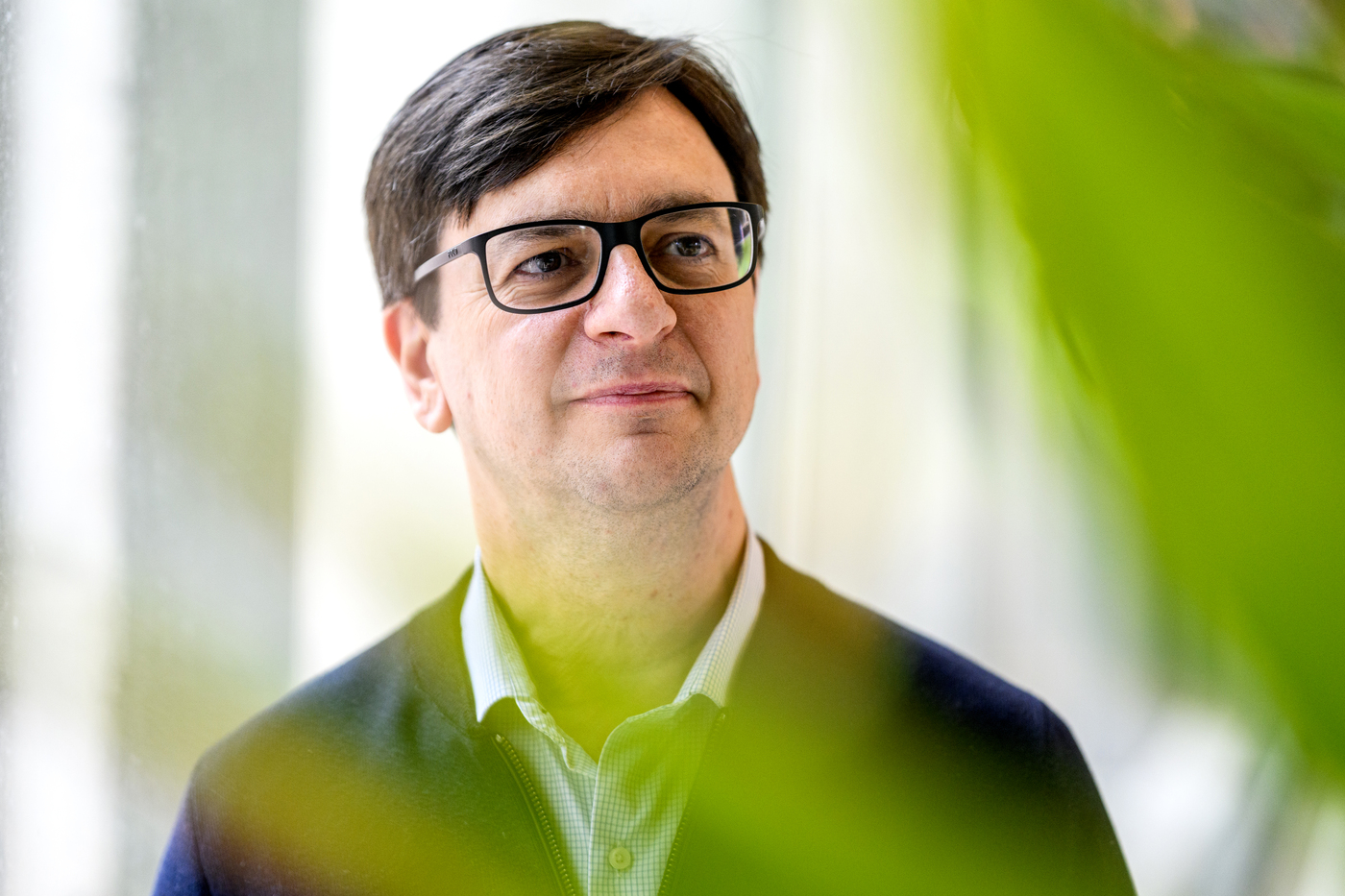Multi-institutional collaboration receives $1.6M Sloan Foundation grant to study labor implications of artificial intelligence

Prof. Esteban Moro, Director of the Social Urban Networks Lab (SUNLab) at the Network Science Institute at Northeastern University serves as co-PI on a groundbreaking research collaboration led by Carnegie Mellon University's Block Center for Technology and Society and MIT FutureTech to examine the transformative impact of artificial intelligence on workers and labor markets. The two-year, $1.6 million project, Labor Implications of AI at the Nexus of Business Processes, Tasks and Workers funded by the Alfred P. Sloan Foundation, brings together leading researchers from multiple institutions to develop evidence-based insights into how AI is reshaping employment.
Professor Moro will be contributing his expertise in computational social science and network analysis to understand AI's effects on the workforce on this ambitious research initiative.
"AI doesn’t just replace individual jobs: it reshapes the networks of tasks, skills, and organizations that make up our labor markets,” said Professor Moro. “With new computational social science and network science tools, we can uncover the hidden structures behind these transformations and help design more efficient and equitable responses.”
The research effort addresses the urgent need for forward-looking analysis of AI's workforce impacts. Traditional retrospective studies may be insufficient to keep pace with rapid AI development and deployment, particularly given the technology's uneven effects across firms, industries, and geographic regions.
Four Research Modules
The collaboration will pursue research across four interconnected modules:
- Transition and Geography Modules: Identifying which workers will benefit from AI adoption versus those at risk of job displacement, with particular attention to geographic variations in impact.
- Adoption Module: Tracking when, where, and how AI technologies are being implemented across different sectors and company types.
- Talent Module: Developing novel data sources and measurement methods to identify AI-driven changes in labor markets, including potential skill shortages.
- Policy Module: Evaluating the effectiveness of various policy interventions designed to support workers transitioning to new roles in an AI-enhanced economy.
Northeastern's Contribution
Northeastern University's participation in this initiative builds on the university's strong commitment to understanding technology's societal impacts. The project aligns with Northeastern's interdisciplinary approach to research and its focus on addressing real-world challenges through academic inquiry.
Professor Moro's SUNLab research group at the Network Science Institute at Northeastern University will contribute computational and analytical capabilities to help map AI adoption patterns and their effects on different worker populations and communities. This work will complement the broader collaboration's efforts to create actionable insights for employers, workers, and policymakers.
A Collaborative Approach
In addition to CMU, MIT, and Northeastern, the research collaboration includes partners from the University of Pittsburgh School of Computing and Information, University of Virginia, the California Policy Lab, and the U.S. Chamber of Commerce Foundation.
"The Sloan Foundation has recognized the value of bringing multiple disciplines and methods together," noted MIT's Martin Fleming. "We need economics, social science, and engineering to achieve visibility into AI adoption and to build useful explanations grounded in the characteristics of the technology."
The project is expected to produce both academic publications and policy-oriented reports designed to support evidence-based decision-making that protects and enhances worker prosperity in an AI-driven economy.
The research will begin immediately and continue over the next two years, with findings expected to inform ongoing debates about AI governance, workforce development, and economic policy.
To learn more about Professor Moro's research, visit SUNLab



